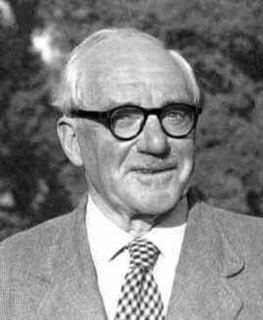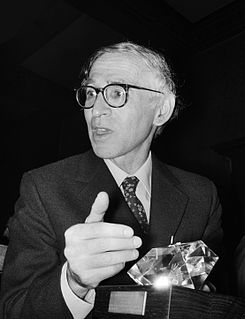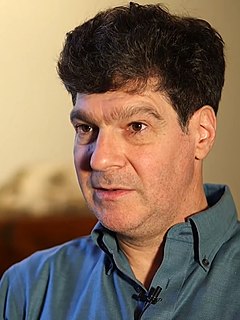A Quote by John Edensor Littlewood
In passing, I firmly believe that research should be offset by a certain amount of teaching, if only as a change from the agony of research. The trouble, however, I freely admit, is that in practice you get either no teaching, or else far too much.
Related Quotes
When you write a business fable, people get caught up in the story and don't get judgmental about what you're teaching them. If you're teaching a bunch of concepts, people get skeptical and say, 'Where'd you get that research?' But if you tell them a story, they get caught up in it while they learn.
My teaching is not a philosophy. It is the result of direct experience...
My teaching is a means of practice, not something to hold onto or worship.
My teaching is like a raft used to cross the river.
Only a fool would carry the raft around after he had already reached the other shore of liberation.
Shared governance is often the critical element that is missing in Asian universities, no matter how talented the faculty may be. Either it is ministries of education that are trying to run things, or in private institutions - those who control the funds. Neither group knows much about teaching and research.







































